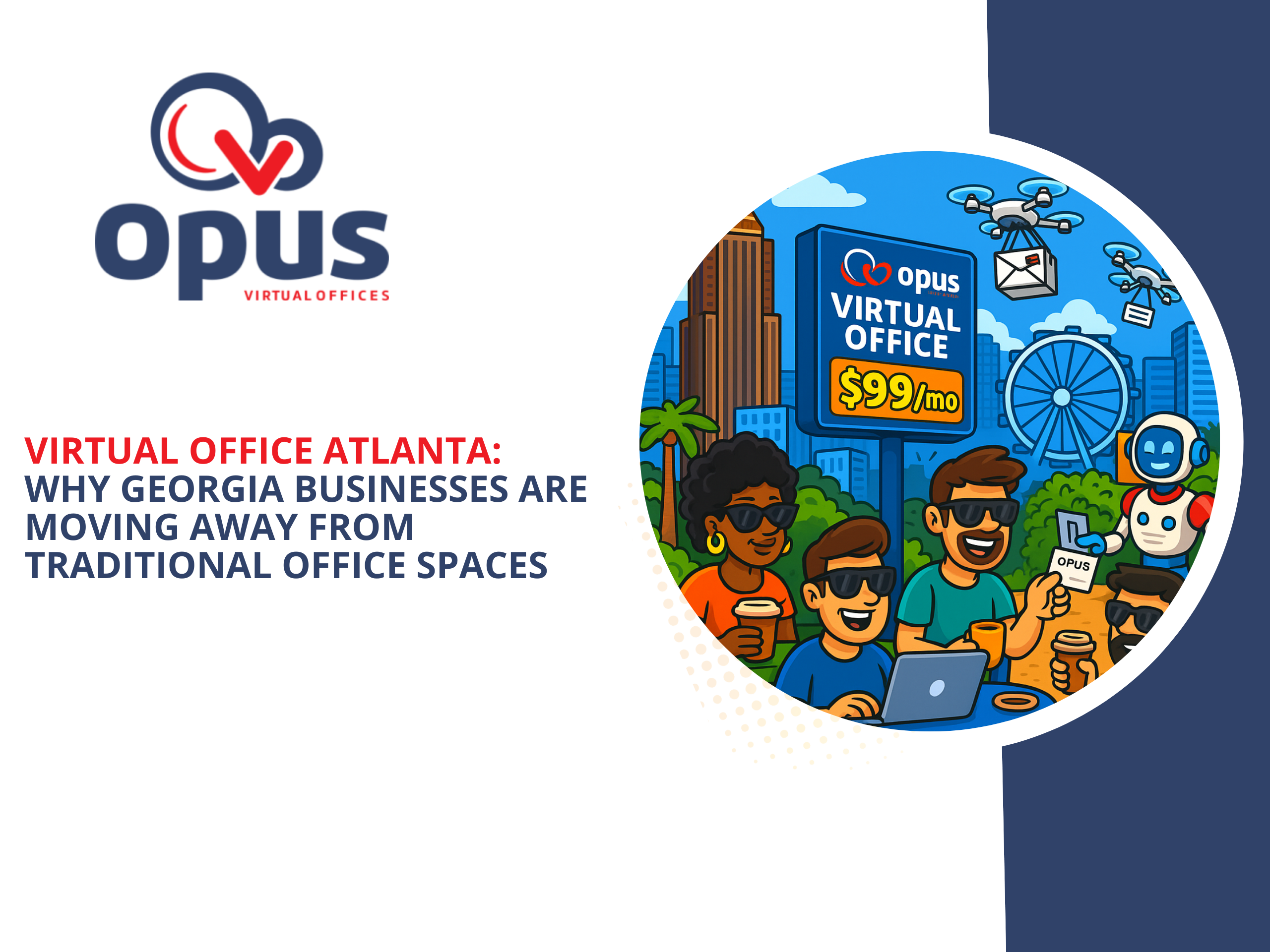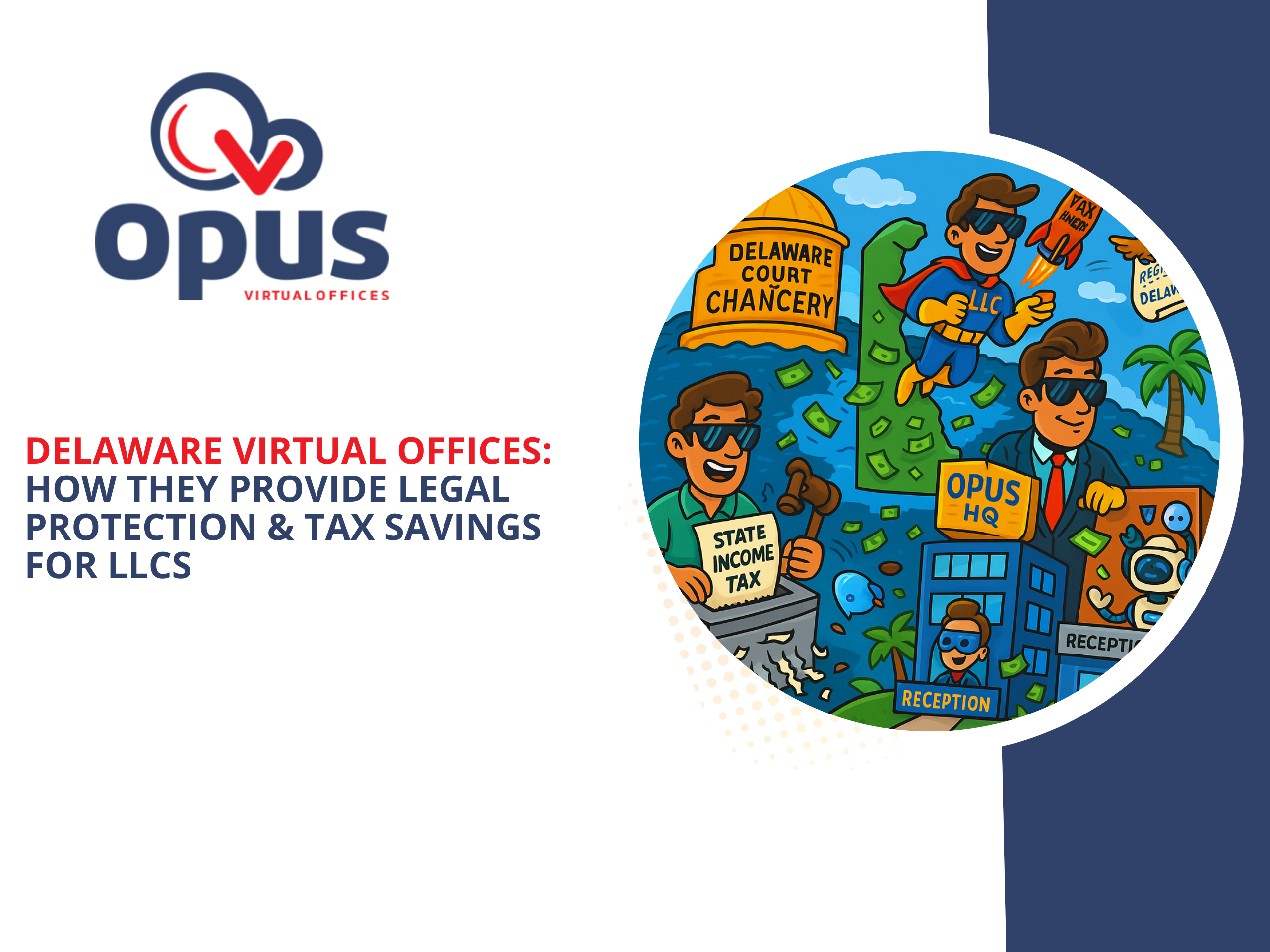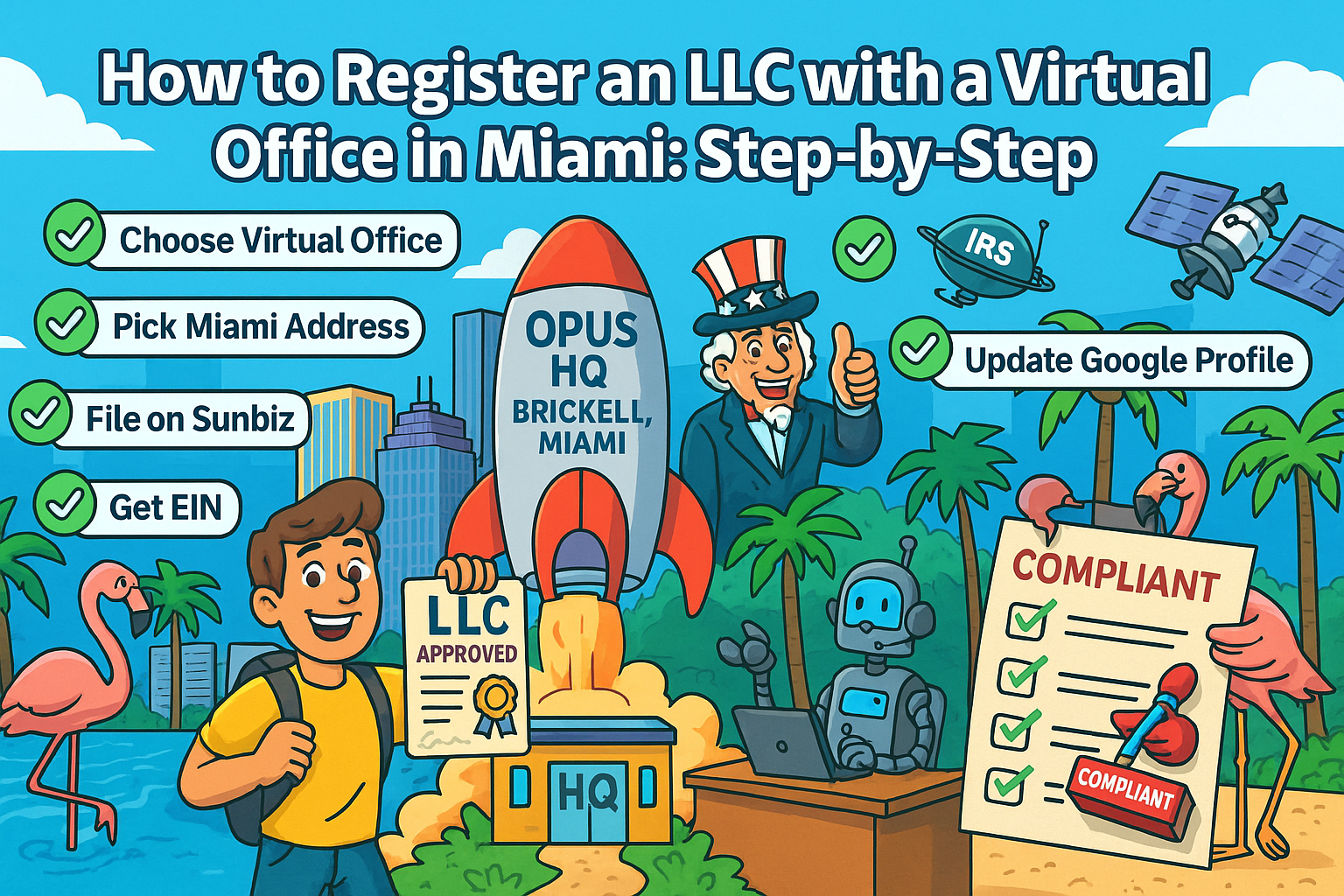

Atlanta has always been a city of bold ideas—home to legacy corporations, disruptive startups, and creative entrepreneurs. But in the past few years
May 6, 2025
Read More

When you think about where to start your business, Delaware might not be the first state that comes to mind. But for seasoned entrepreneurs and smart
April 30, 2025
Read More

1. Choose a Reputable Virtual Office Provider Start by selecting a provider that offers: A commercial street address in Miami (not a PO Box) Mail hand
April 22, 2025
Read More

In today’s fast-paced digital landscape, businesses are constantly seeking innovative ways to connect with their target audience and stand out in co
December 26, 2024
Read More

Every year, the Saturday following Thanksgiving marks a special day for communities across the United States: Small Business Saturday. In 2024, this i
November 27, 2024
Read More

Virtual offices offer businesses a unique opportunity to maintain a professional presence while enjoying the flexibility and cost savings of remote wo
November 21, 2024
Read More

What Are Ghost Jobs? “Ghost jobs” refer to job postings that are either non-existent or have already been filled but remain advertised. Th
October 17, 2024
Read More

In today’s fast-paced business environment, time and money are two of the most valuable resources any organization has. Unfortunately, robocalls, th
October 2, 2024
Read More

Burnout is a state of emotional, physical, and mental exhaustion caused by prolonged stress and anxiety. It’s something that can affect anyone,
August 21, 2024
Read More

In today’s world, technology has transformed how we work, making it possible to work from almost anywhere. The beach, the jungle, an airplane, the b
August 7, 2024
Read More

In the rapidly evolving world of technology, AI has emerged as a transformative force, reshaping industries and redefining the way everyone works. As
June 12, 2024
Read More

As the New Year rolls in, there are changes all around us. One thing that has not changed is the proper etiquette for office small talk. If you’
January 4, 2023
Read More
All-inclusive $99/Month - No Hidden Fees
